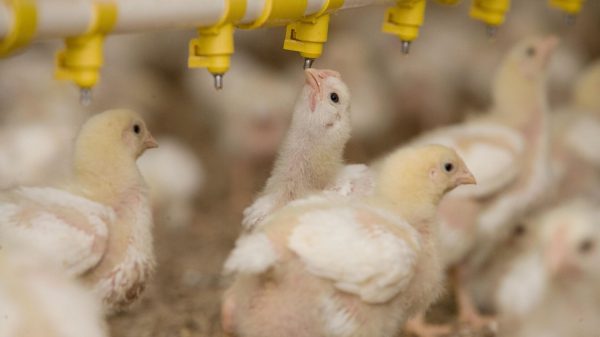It was in the first few weeks of 2020, when early reports began filtering through of a mystery virus threatening to spread across the world, that Rob Perks decided to begin collecting.
As lead curator for oral history at the British Library, Perks’s team routinely gather testimony to be archived for future research. But a comment by a historian who advises the institution stopped him in his tracks.
“I remember him saying: ‘History will be written Before Covid and After Covid.’ And I thought, he’s got something here. It began to sink in that this was different from anything I’ve ever encountered in my 30-year career at the British Library, and that we should do something about it.”
For the past year, that has meant gathering interviews with thousands of NHS workers, archiving websites, recording TV and radio channels, and collecting poetry and audio diaries, sometimes with partner organisations. It will build, he hopes, into a national archive of Covid-19 reminiscences, and an “amazing resource” for future researchers.
It is not just the Covid pandemic that can make these feel like unusually significant times. Populism, Trump’s rise and (perhaps) fall, Brexit, the Black Lives Matter and #MeToo protests, mass movement of refugees, the increased might of both China and India and many other issues have contributed to a sense of humanity having reached a historic moment, all while the climate crisis rages with ever more urgency.
On the other hand, disease is not new, and societies have always faced crises. So is it really the case that in the future we will regard this as a pivotal moment?





















































Свежие комментарии